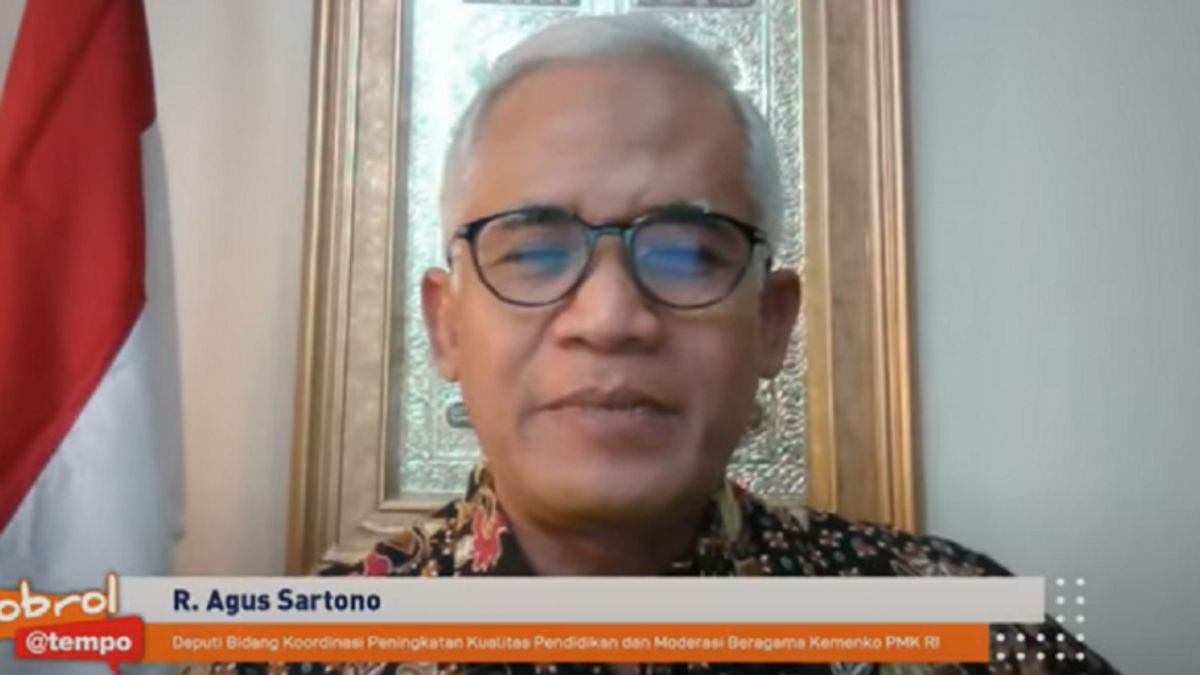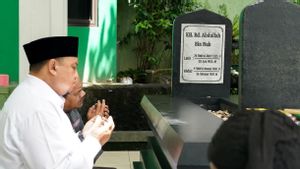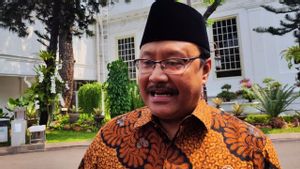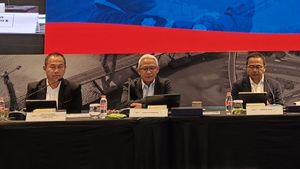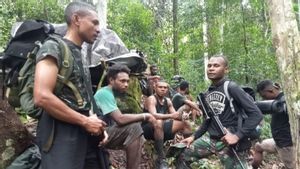JAKARTA - The Coordinating Ministry for Human Development and Culture (Kemenko PMK) RI said that vocational education was most affected when the COVID-19 pandemic emerged due to disruption of the internship and training process. internships, internships, participating in various trainings, in the end, they couldn't participate," said the Deputy for Coordination of Education Quality Improvement and Religious Moderation at the Coordinating Ministry for Human Development and Culture R. Agus Sartono during a discussion in the R&D and Innovation network for Advanced Indonesia in Jakarta, reported by Antara, Tuesday, August 3. He said that based on the road map for the revitalization of vocational education developed earlier, it is targeted that five thousand vocational schools can be revitalized and 500 polytechnics are expected to be built over the next five years.
However, when the pandemic emerged, the revitalization process was hampered because of course the current resources were diverted to handling COVID-19 first. Another impact of the COVID-19 pandemic was that vocational students could not participate in internships at the company even though work practices were a contributing factor. The most important thing in order to prepare quality human resources. Another problem is that every year there are 3.7 million high school graduates, of which 1.9 million graduates can enter tertiary institutions while 1.8 million graduates, mostly vocational school children, are forced to enter the market. Universities graduate at least 1.3 million graduates so that every year there are at least 3.1 million new job seekers. education because education is carried out online," said Agus.
The English, Chinese, Japanese, Arabic, and French versions are automatically generated by the AI. So there may still be inaccuracies in translating, please always see Indonesian as our main language. (system supported by DigitalSiber.id)
